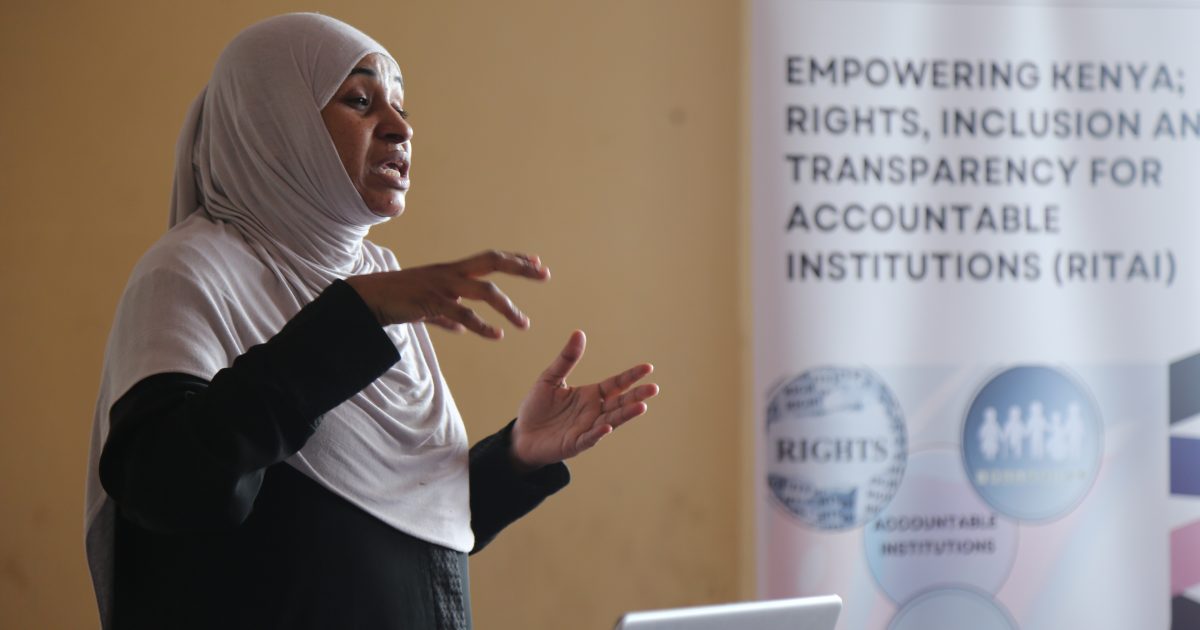Civil Society Organisations (CSOs) in Lamu have raised concerns over the lack of laws governing public participation, expressing worries that residents may not have the opportunity to voice their opinions on matters of good governance and county policies.
During a CSO stakeholder forum hosted by the Muslim Women Advancement of Rights and Protection, Lamu Coordinator Umulkher Ahmed called on the county government to fulfill its mandate by enacting a Public Participation Act, aiming to enhance accountability and democracy within Lamu County.
Ahmed emphasised that the absence of a Public Participation Act has resulted in the passage of numerous policies without adequate consideration of public perspectives, potentially leading to push back from the affected community when policies are perceived as unfavourable.
She highlighted the importance of involving residents in decision-making processes to ensure policies are well-received and implemented effectively at the grassroots level.
“The lack of a Public Participation Act could further impede the adoption of development projects, as the public’s views are not adequately presented during discussions surrounding the County Integrated Development Plan,” Ahmed stated.
These sentiments were echoed by Mohammed Skanda, the Lamu Coordinator for Muslims for Human Rights (MUHURI), who expressed concern that without a policy and law on public participation, only a limited number of people would be involved in shaping the County Integrated Development Plan (CIDP).
Skanda reiterated the need for Lamu residents to actively participate in policy discussions, particularly regarding issues such as levies and the proper allocation of county resources.
“Lamu residents need to actively get involved in policy discussions since they are the ones affected if levies are raised or, more importantly, if county resources are misappropriated,” Skanda asserted.
Suheila Abdifaraj, Legal Officer for the Lamu Women Alliance, added that enacting a Public Participation Act would enable the Lamu County Government to fulfill its mandate of delivering public services by gaining actual insights into the situations affecting residents.
She cited challenges in sectors such as healthcare, water supply, and education, emphasizing that projects are often implemented without sufficient input from the public.
“Sectors such as healthcare, water supply, and education continue to present challenges for the county government because they implement projects without getting views from wananchi,” Suheila remarked.
She further called on the Lamu County Government to prioritise the enactment of a comprehensive Public Participation Act, asserting that this would promote transparency, accountability, and community-driven development initiatives in the region.
By Amenya Ochieng




